
SUSTAINABILITY STARTS HERE
Even with 60+ years of market experience, we don’t rest on our laurels. With the sheer volume of consumer goods in the modern age, it is imperative to minimize our negative footprint on this earth with each decision we make. We’ve partnered with the champions of sustainable innovation in developing processes, fabrics, trims and more that enable ourselves and our clients to remain fashionable and responsible.
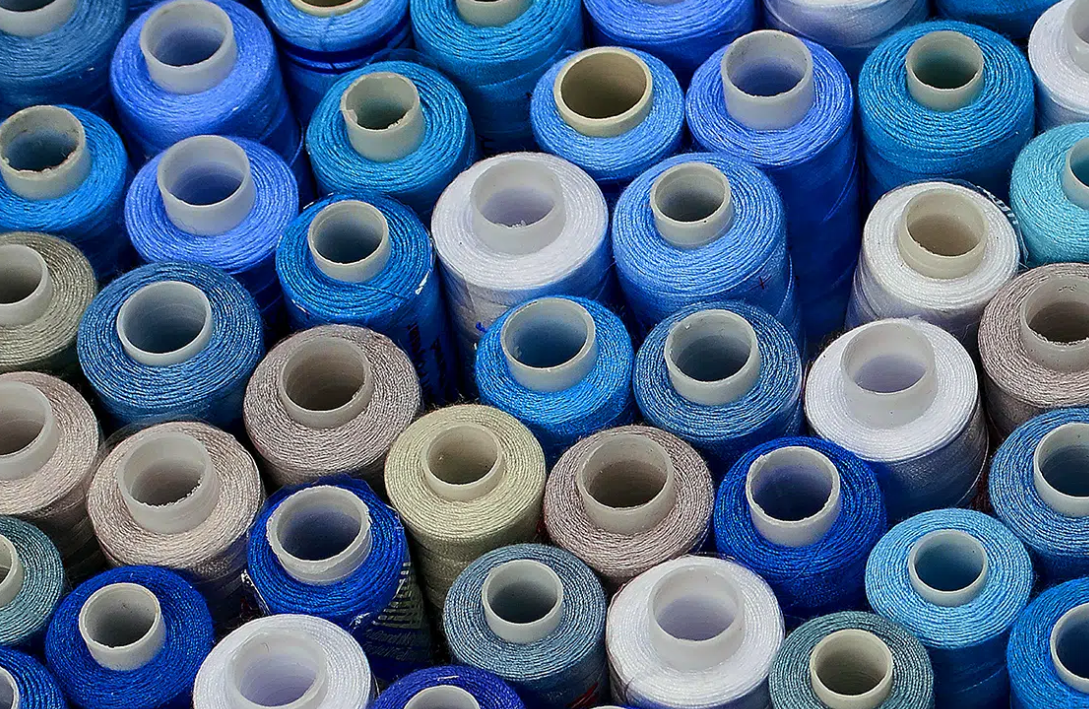
Polylana® is the only low impact alternative to 100% acrylic and wool in the market. Polyana delivers quality, value, and a great low-impact story without added cost.
POLYLANA®
The team behind Polylana® is dedicated to advancing their efforts to support the industry's transition to circularity, with a focus on producing products that are 100% recycled or recyclable. Their goal is to exclusively use recycled materials by 2025. The innovators responsible for Polylana® are actively working to minimize environmental impact while enhancing the quality and aesthetic appeal of their products.
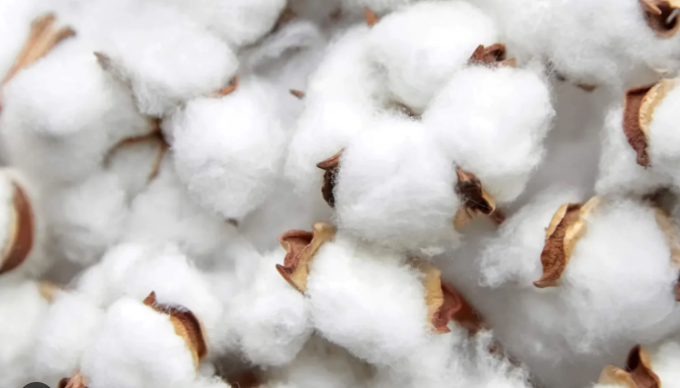
Organic cotton is considered more eco-friendly than conventionally grown cotton.
ORGANIC COTTON
Reduced Chemical Use: Organic cotton is grown without the use of synthetic pesticides or fertilizers, which can be harmful to the environment and human health. This reduces the risk of soil and water pollution and helps protect biodiversity.
Water Conservation: Organic cotton farming practices often use less water than conventional cotton farming, which can help conserve this precious resource
Improved Soil Health: Organic cotton farming practices prioritize soil health, including crop rotation, composting, and other practices that can improve soil fertility and reduce erosion.
Safer for Farmers and Workers: Organic cotton farming is typically safer for farmers and workers, as they are not exposed to potentially harmful chemicals.
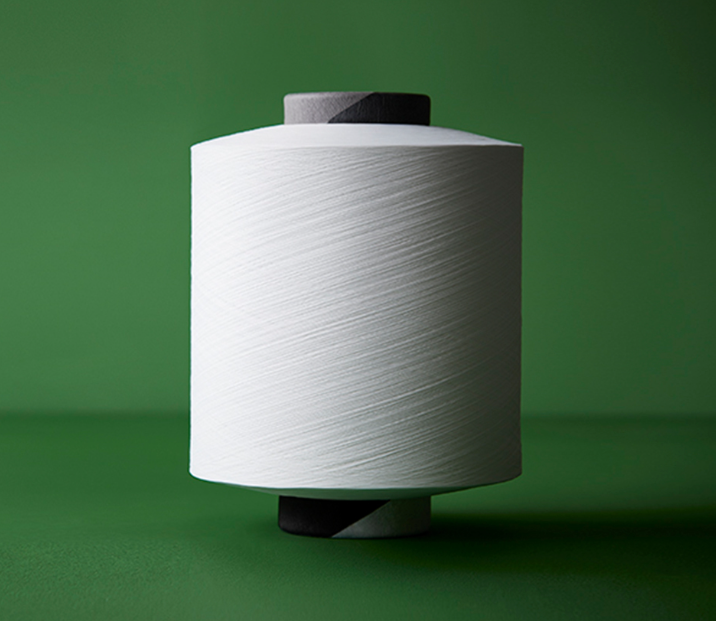
Repreve® fiber is a brand of recycled polyester fiber made from post-consumer recycled plastic bottles and other plastic waste.
REPREVE®
Repreve® fiber is produced using a closed-loop manufacturing process, which means that waste is minimized and resources are conserved. The process involves collecting plastic bottles and other waste, cleaning and shredding the material, and transforming it into a recycled polyester chip that can be spun into yarn and woven into fabric.
Repreve® fiber has several environmental benefits. It reduces waste and pollution by diverting plastic waste from landfills and waterways, conserves resources by using recycled materials instead of virgin materials, and reduces greenhouse gas emissions compared to the production of virgin polyester. Additionally, products made with Repreve® fiber are durable and long-lasting, which helps to reduce the need for frequent replacements and further minimizes waste.
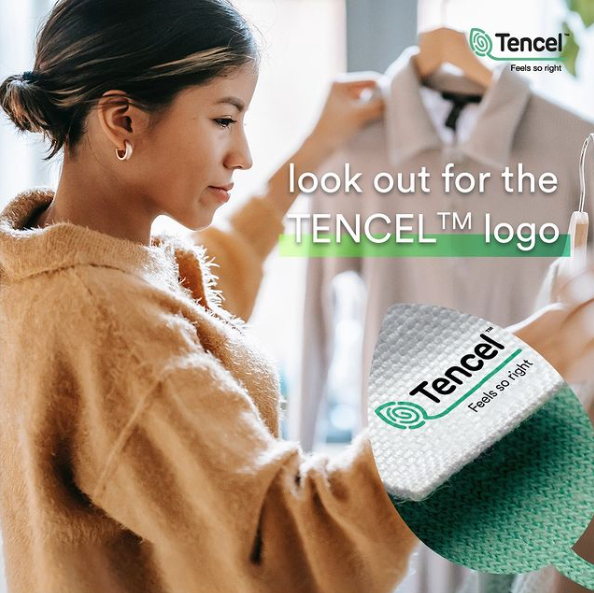
Tencel® is known for its eco-friendliness as it is derived from renewable wood sources and uses a closed-loop production process that recycles water and solvents
TENCEL®
It is also praised for its softness, breathability, and moisture-wicking properties, making it a popular choice for clothing and bedding. Tencel® is often blended with other fabrics, such as cotton or wool, to enhance its properties.
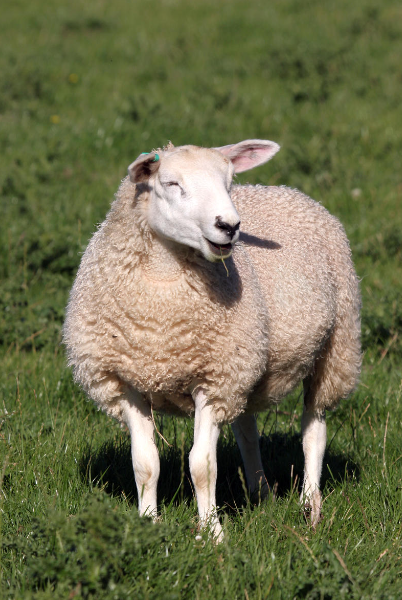
Renewable and Biodegradable: Wool is a natural and renewable fiber, meaning it comes from a renewable resource (sheep) that can be shorn every year without harming the animal.
ORGANIC WOOL
Wool is also biodegradable, which means it will break down naturally over time.
Low Carbon Footprint: The production process for wool has a relatively low carbon footprint compared to synthetic fibers. Wool is typically processed using less energy and emits fewer greenhouse gases than synthetic fibers.
Durable and Long-Lasting: Wool is a durable and long-lasting fiber that can withstand wear and tear, reducing the need for frequent replacements. This means fewer resources are used to produce new products, which is better for the environment.
Naturally Insulating: Wool is a natural insulator, which means it helps keep us warm in cold weather without the need for additional heating. This can reduce energy consumption and lower greenhouse gas emissions.
No Synthetic Microfibers: Wool is a natural fiber and does not shed microfibers like synthetic fibers do, which can pollute waterways and harm marine life.
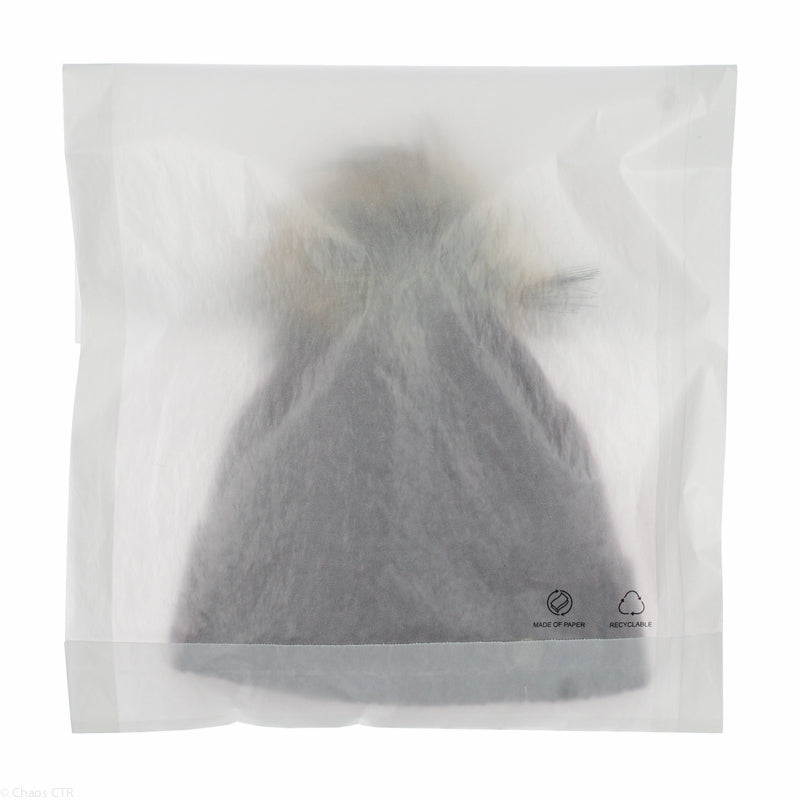
Our commitment to eco-friendly extends beyond the products themselves. Eco-friendly trim options and packaging is made from biodegradable and recycled materials. In addition, the manufacturing process tends to be more efficient, further reducing precious resources and minimizing the negative impact businesses have on the environment.
Do-Gree Packaging
♻️ Woven labels in recycled and biodegradable materials
♻️ Recycled paper & J-hooks
♻️ Hangers made from recycled paper
♻️ Sustainable handbags
♻️ Recycled and biodegradable paper
♻️ Recycled and biodegradable polybag samples
♻️ Paper wrapping
♻️ Bluesign®
